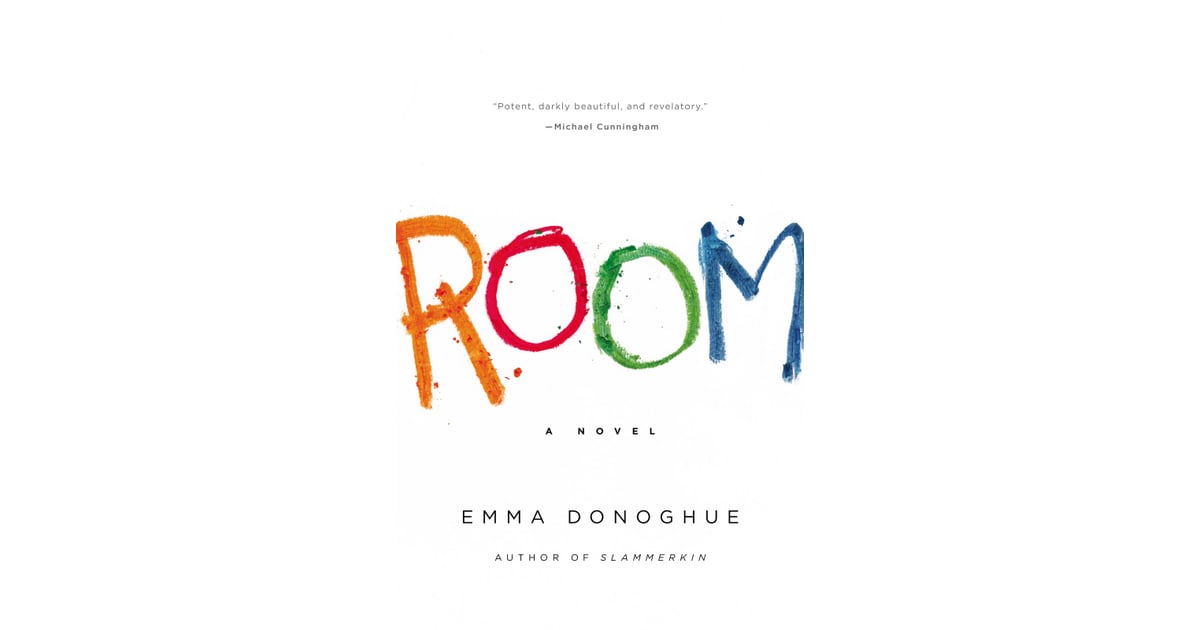

Before their freedom can be celebrated, therefore, Ma and Jack must first let go of their habits they had to adopt in order to survive in Room. For a boy who has grown up in the confines of a single room, an entire world of freedom is literally too much to process.

A further implication of freedom is that Jack is presented with too much of it, too soon. Ma must undergo intense dental surgery, and Jack must wear all sorts of protective clothing before he can even go outside.

Neither Ma nor Jack can simply begin their new life away from Old Nick: they are both emotionally scarred and physically damaged from their time in captivity. This freedom is long anticipated by Ma, yet freedom isn't as immediately and thoroughly fulfilling as the reader might have expected. The theme of freedom in the second half of Room directly contrasts with the overwhelming sense of isolation that inhabits the first half of the book. The full sense of tragedy associated with their isolation only becomes apparent when Ma is "gone" for a day at a time: she appears to be mentally ill, and, with only Jack for company, she is completely bereft of the medical attention she needs. In order to cope with her isolation, Ma creates a daily schedule, pretending that there is some semblance of normality in her life. Donoghue approaches this theme in an unorthodox manner: instead of focusing on Ma’s desperate attempts to escape, the narration details her and Jack’s daily, domestic routine. Isolation-in particular, involuntary isolation-is perhaps the most obvious theme of Donoghue’s Room.


 0 kommentar(er)
0 kommentar(er)
